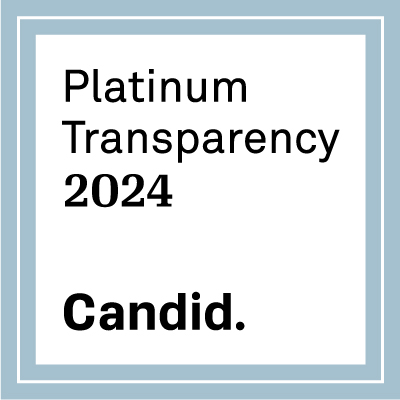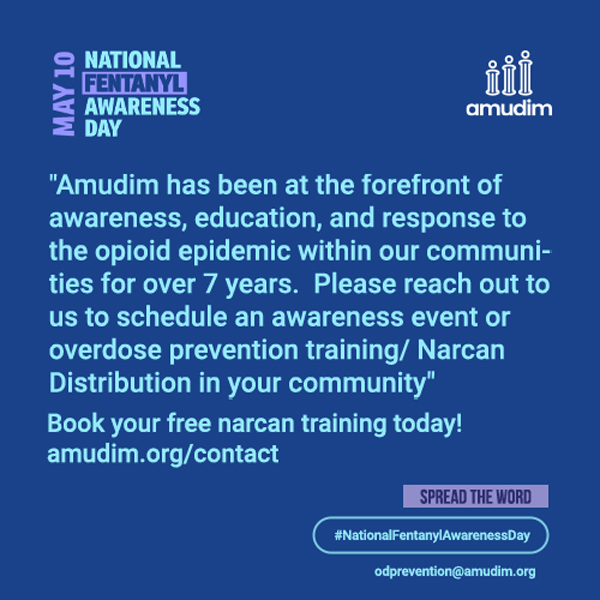Comprehensive Clinical Case Management
Fighting the substance abuse epidemic requires more than care and knowledge. It requires the ability to act swiftly, in the most professional manner. Amudim’s staff members and extensive network, are able to address crisis situations with speed, skill, and compassion. Medical treatment, therapy, and inpatient rehabilitation are often the first critical steps, but resolution of underlying issues and reintroduction to normalcy are the end goals.



